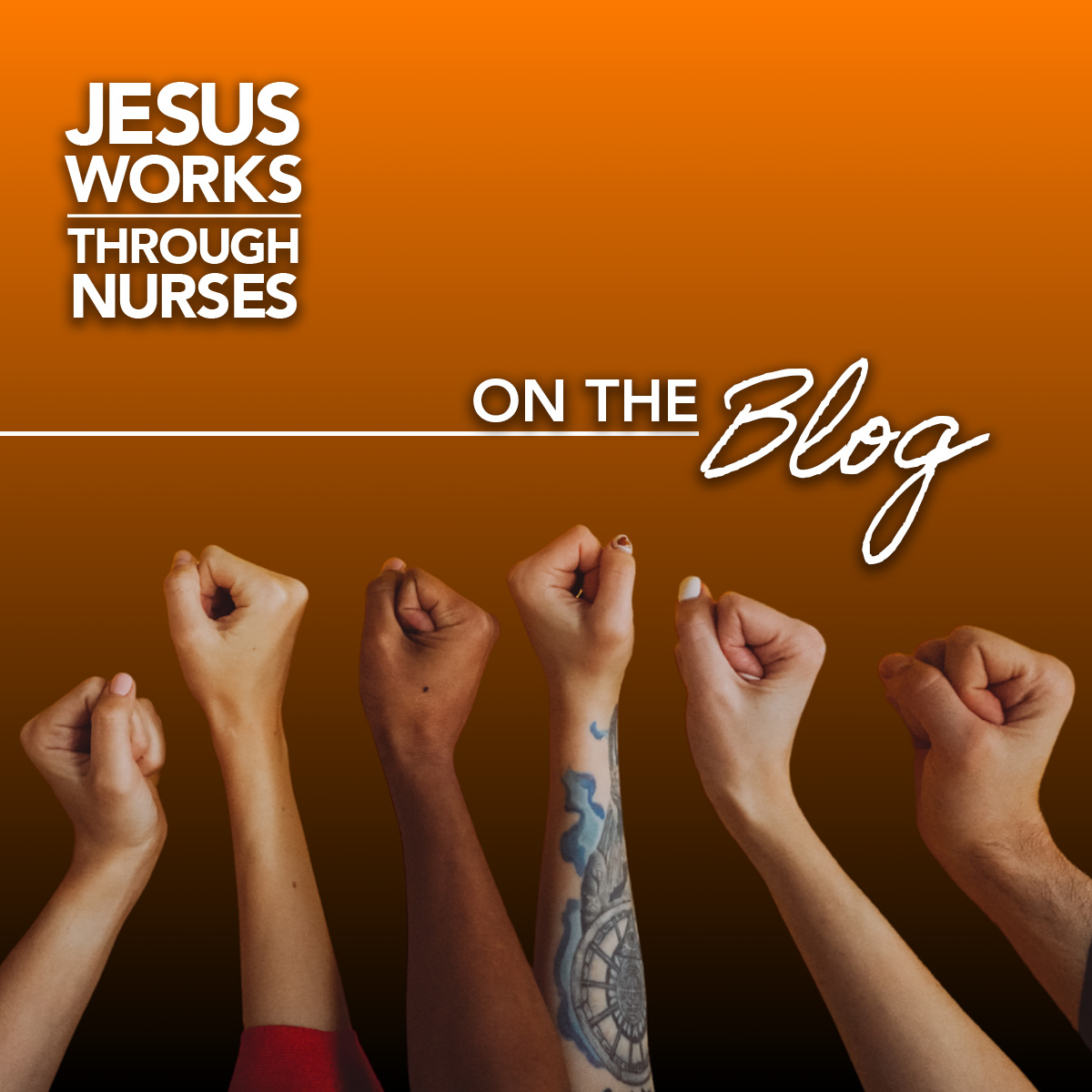 “Mental health and well-being, including suicide, is everyone's issue,” believes Cari Moodie, BSN, RN. Her belief became action in 2012. “It became very personal. A 14-year-old eighth grade student, who attended the school where my three children attend, died by suicide. I felt intense emotion and sadness as a mother, fellow school family, and nurse.” When Cari could not push down the desire to do something to help kids manage the stresses of life, she knew the Holy Spirit was calling her to act.
“Mental health and well-being, including suicide, is everyone's issue,” believes Cari Moodie, BSN, RN. Her belief became action in 2012. “It became very personal. A 14-year-old eighth grade student, who attended the school where my three children attend, died by suicide. I felt intense emotion and sadness as a mother, fellow school family, and nurse.” When Cari could not push down the desire to do something to help kids manage the stresses of life, she knew the Holy Spirit was calling her to act.
Carrie learned that a community health needs assessment cited suicide’s high occurrence in Idaho—8th highest in the nation—and nationally the second leading cause of death in youth. She and a social worker friend planned and implemented a pilot suicide prevention and awareness program in the schools in the Catholic Diocese of Boise in 2015. As of April 2024, this outreach has trained more than 5,000 students and 900 adults.
“Sixty-six students have been identified as high risk and have been referred for treatment, and eight students' lives have been directly saved,” Cari said. “These students had specific, intense suicide ideation with access to means and definite suicide plans in place. These students received immediate intervention and are doing well to this day.”
Evidence-Based Prevention
Cari and the trained students and adults use the Signs of Suicide (S.O.S.), an evidence-based suicide prevention program owned by Mindwise Innovations (https://www.mindwise.org/sos-signs-of-suicide/). Cari applied for a grant from the St. Alphonsus Foundation to acquire the program and presents the material in schools in partnership with school counselors and social workers.
An important element is the involvement of trusted adults to whom students feel comfortable opening up. “We ask kids to identify adults who they trust in their own lives: a coach, teacher, parent, neighbor. When students learn the acronym ACT—acknowledge, care, and tell—they are prepared in advance to tell someone if they notice signs of possible suicidal thinking.” Students are encouraged to be more self-aware and aware of others.
“I prefer to give the S.O.S. training with a school counselor or social worker who has expertise in behavioral health,” she said. “I’m a nurse and health educator, but not a mental health provider or expert. It’s ideal to partner with others who complement your own expertise.” Most of the time, she explained, school counselors give the training because they already have trusted relationships with the students and school staff.
Mental Health Advocacy
Cari has presented the S.O.S. training to about 50 faith community nurses (FCNs) in the St. Alphonsus FCN network who have become advocates for the program. The next goal is to train faith community staff and parents and faith community youth groups and religious education classes. “I hope more FCNs will get involved,” she added. “Faith communities tend to be a trusted space for teens who can connect with trusted adults who are their teachers and have the potential to be their mentors.”
“It's important that everyone is a mental health advocate,” Moodie emphasized. “Suicide is devastating to families, school communities, and neighborhoods, and it’s devastating to our children when they lose a young friend.”
Response to the training continues is positive. One social worker involved with the program told Cari, “Each year we identify at least two students per grade level who are a complete surprise but at risk. They do not exhibit the usual signs and symptoms of suicide ideation or depression that normally give us clues they might be struggling with their mental health.” These students either self-identified or were referred to an adult by a friend, and appropriate mental health intervention was given.
Cari Moodie is the faith community nurse coordinator with St. Alphonsus Health System and Director of Faith Community Nursing for the Health Ministries Association.